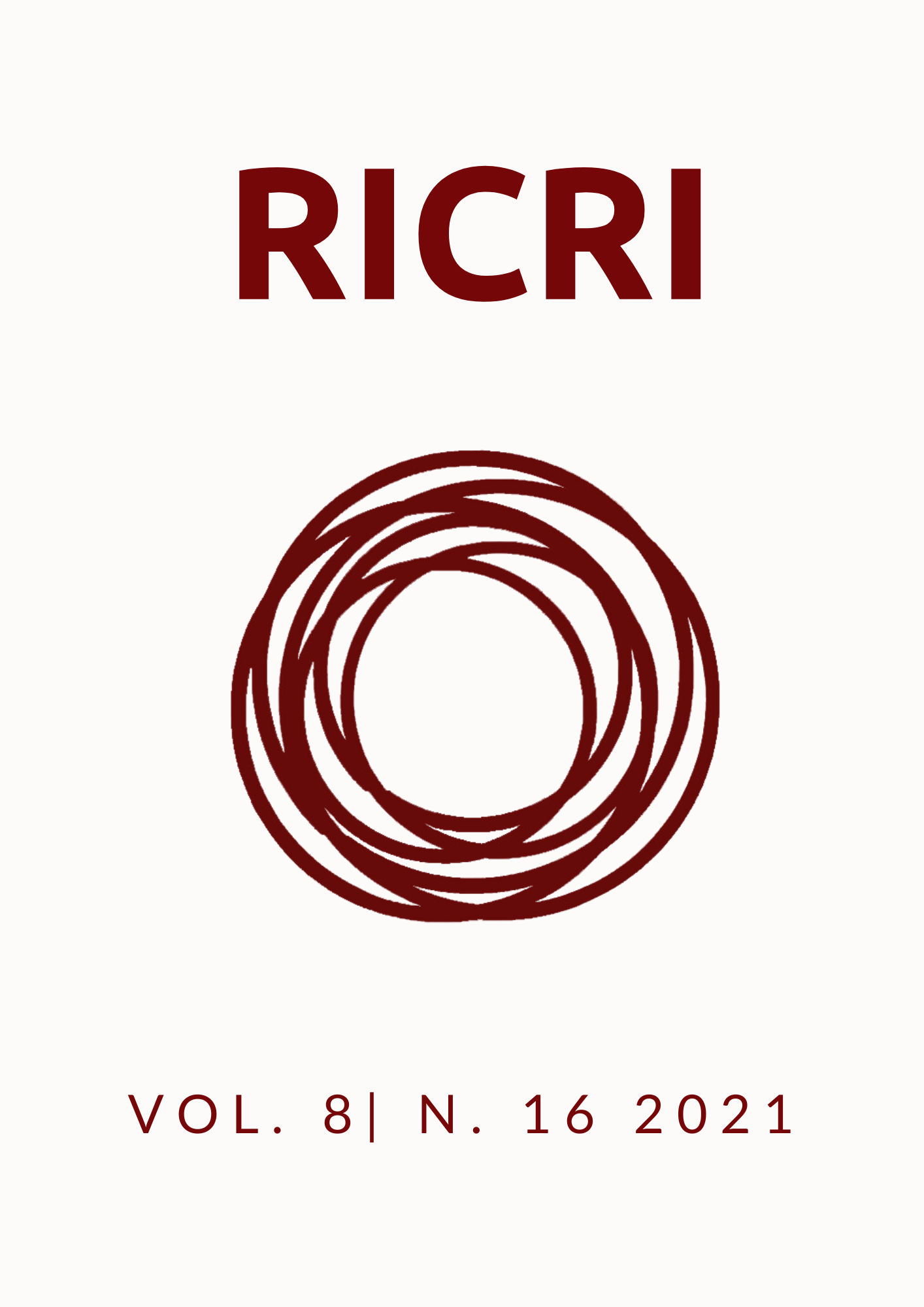Influências estrangeiras no sistema educacional do Azerbaijão pós-soviétivo
DOI:
https://doi.org/10.22478/ufpb.2318-9452.2021v8n16.48070Abstract
A República do Azerbaijão foi um dos quinze novos países que emergiram na esteira da desintegração da União Soviética, em 1991. Diversos atores buscaram garantir sua influência no processo de construção do novo Estado azerbaijano, notadamente as potências regionais circundantes: Rússia, Turquia e Irã. A participação na necessária construção de um novo sistema educacional para o país se apresentou como um dos canais possíveis para o exercício do soft power estrangeiro. A partir de uma perspectiva comparativa, este artigo busca analisar os métodos empregados por russos, turcos e iranianos para garantir influência sobre o sistema educacional da nascente república do Azerbaijão e os seus respectivos resultados. Espera-se demonstrar que a legislação azerbaijana evoluiu no sentido de garantir maior controle do Estado sobre os projetos educacionais estrangeiros, mas que estas transformações afetaram sobretudo os projetos educacionais iranianos, e em menor grau os da Turquia e da Rússia. Ademais, conclui-se que embora a Turquia tenha conquistado maior penetração no sistema educacional azerbaijano nos primeiros anos após a independência, foi a Rússia que conseguiu estabelecer sua influência de forma mais perene.
Palavras-Chave: política externa; soft power; sistema educacional; Azerbaijão; Cáucaso do Sul.
Downloads
References
ALIYEV, Fuad. Islam and Turkey's soft power in Azerbaijan: The Gülen movement. In: Religion and Soft Power in the South Caucasus. Routledge, 2017. p. 128-146.
BALCI, Bayram. Between secular education and Islamic philosophy: the approach and achievements of Fethullah Gülen’s followers in Azerbaijan. Caucasus Survey, v. 1, n. 1, p. 107-116, 2013.
BALCI, Bayram. Islam in Central Asia and the Caucasus since the Fall of the Soviet Union. Oxford University Press, USA, 2018.
FEDERAÇÃO RUSSA. Foreign Policy Concept of the Russian Federation. 2000.
ISMAILZADE, Fariz. Russian Soft-Power Increasing In Azerbaijan. Eurasia Daily Monitor Volume: 5 Issue: 39. 2008.
JÖDICKE, Ansgar. Shia groups and Iranian religious influence in Azerbaijan: the impact of trans-boundary religious ties on national religious policy. Eurasian Geography and Economics, 58(5), 533-556, 2017.
KAZIMZADE, E. Azerbaijan in education reforms in countries in transition: policies and processes. Asian Development Bank, Manila, p. 1-20, 2004.
NYE JR, Joseph S. Soft power: The means to success in world politics. Public affairs, 2004.
ÖZERTEM, Hasan. Russia’s Soft Power In The Post Soviet Space. Middle East Technical University, 2009.
PRESIDÊNCIA da República do Azerbaijão. Decreto № 349- Azərbaycan Respublikasında təhsil sisteminin təkmilləşdirilməsi haqqında. 2000. Disponível em: http://www.e-qanun.az/framework/767. Acesso em: fevereiro de 2019.
PRESIDÊNCIA da República do Azerbaijão. Decreto № 365IIQ Azərbaycan Respublikasında dövlət dili haqqında. 2002. Disponível em http://www.e-qanun.az/framework/1865. Acesso em: fevereiro de 2019.
PRESIDÊNCIA da República do Azerbaijão. Decreto № 544- Azərbaycan Respublikasının Dini Qurumlarla iş üzrə Dövlət Komitəsi haqqında Əsasnamənin təsdiq edilməsi barədə. 2001. Disponível em: http://www.e-qanun.az/framework/4392. Acesso em: fevereiro de 2019.
RAHIMOV, Rahin. Rising Profile of Russian-Language Schooling in Azerbaijan: Inferiority, Opportunity or Challenge?. Eurasia Daily Monitor Volume: 15 Issue: 151. 2018. Disponível em; https://jamestown.org/program/rising-profile-of-russian-language-schooling-in-azerbaijan-inferiority-opportunity-or-challenge/. Acesso em: fevereiro de 2019.
REPÚBLICA DO AZERBAIJÃO. Education Law of the Republic of Azerbaijan. 2009. Disponível em: https://edu.gov.az/en/page/72/5244. Acesso em: fevereiro de 2019.
REPÚBLICA DO AZERBAIJÃO. The Law of the Azerbaijan Republic about education. 1992. Disponível em: http://legalacts.az/az/document/26/45018. Acesso em: fevereiro de 2019.
ROHOZIFSKI, J. Azerbaijan and Turkey: The Light and Shade of ‘Turkish’Brotherhood. In: Turkey after the start of negotiations with the European Union-foreign relations and the domestic situation, Part II. OSW Report, 2008.
SHIRIYEV, Zaur. Betwixt and between: the Reality of Russian Soft-Power in Azerbaijan. Heinrich Böll Stiftung, 2015. Disponível em: https://ge.boell.org/en/2017/10/16/betwixt-and-between-reality-russian-soft-power-azerbaijan. Acesso em: fevereiro de 2019.
TOPUZ, Birol. Historical development of Azeri education system and the effects of the private Azerbaijani-Turkish schools. Journal of Educational and Social Research, v. 1, n. 5, p. 11-20, 2011.
Published
How to Cite
Issue
Section
License
Authors who publish with this journal agree to the following terms:
a. Authors retain copyright and grant the journal right of first publication with the work simultaneously licensed under a Creative Commons Attribution License that allows for sharing of work with acknowledgment of its initial publication in this journal.
b. Authors are able to take on additional contracts separately for non-exclusive distribution of the version of the work published in this journal (e.g., post it to an institutional repository or as a book), with an acknowledgment of its initial publication in this journal.
c. Authors are permitted and encouraged to post their work online ( eg, in institutional repositories or on their website) at any point before or during the submission process, as it can lead to productive exchanges , as well as increase the impact and citation of published work ( See the Effect of Open Access).




